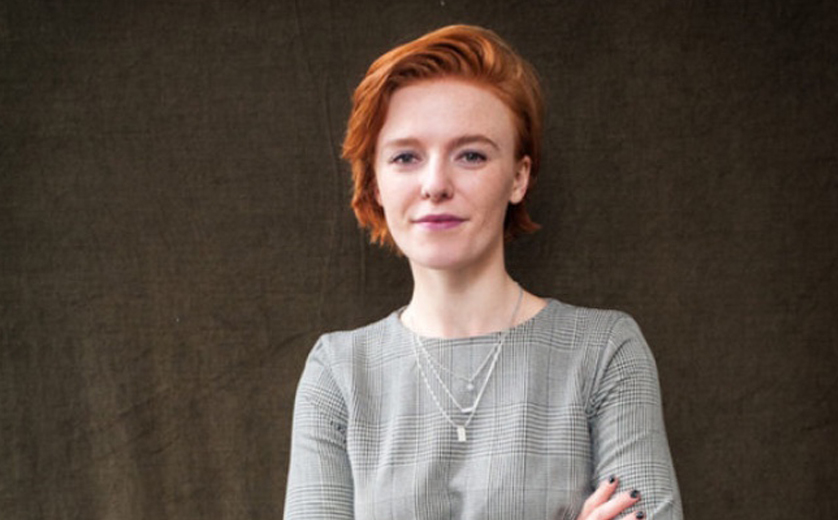Madison Lands is a second-year MSW/MPH student from Denver. We invited her to share some of her perspective on studying in these fields during the pandemic:
Looking back at my first 18 months at the Brown School, in light of our current situation, I now feel embarrassed remembering a few moments of my naiveté.
When I first took epidemiology, I was largely indifferent to the parts about tracking diseases, instead thinking about how it could be applied to issues in the reproductive health field. John Snow’s approach to pinpointing sources of cholera in 19th-century London felt very distant from my career interests, which include structural supports for family planning, access to contraception and pregnancy-related mortality. I misunderstood the potential for a contemporary global pandemic.
Back in January, my Eliminating Health Disparities class reviewed disease theory and treatment modalities throughout history. We talked about the ethical considerations of isolating Typhoid Mary. I can’t speak for my classmates, but four months ago, I couldn’t imagine prescribing isolation as a reasonable treatment for disease.
And here we are, socially isolated and in the middle of a pandemic. I was clearly very wrong.
If I’m going to be honest, being a public health student right now is incredibly frustrating. Suddenly, everyone with a platform is an epidemiologist. Philanthropist and tech founders’ opinions are being elevated to the level of those from scientists who have dedicated their lives to the study of diseases and how they spread. We’re getting very mixed messages and not always questioning the motivations of those who spread them. I understand that a pandemic requires transdisciplinary problem solving, but I would have assumed (or hoped) that in the face of a public health crisis, public health practitioners would be leading the charge.
At the same time, in addition to being a public health student, I am also getting a dual-degree in social work. That perspective has given me the chance to examine the many ways that social determinants of health impact COVID outcomes. My class on health disparities has included some important discussion to the ways that race, gender, and socio-economic status are impacting treatment and outcomes. My class on sex education methods has given us the space to think about how we can adapt community health education to comply with social distancing. My applied linear modeling class is teaching me the basics of the tools to run the statistical models that inform epidemiological models.
Having the space to learn from this pandemic before I go into the field is hopefully giving me tools for the next time something like this occurs. I’ve been able to learn a lot from my classmates and friends who are pushing leaders and decision makers to incorporate social determinants into their pandemic response.
Brown School students have been doing incredible response work: listing the ways that COVID-19 will disproportionately impact Black St. Louisans, to organizing WashU & Brown School Mutual Aid projects, creating and sharing online trainings, and data projects that examine media bias in reporting on COVID-19. The list goes on.
My own COVID practicum experience has shown me the importance of public health practitioners and social workers in this pandemic.
I’m a patient educator and counselor at a Southern Illinois abortion clinic. Across the country, state leaders have been trying to deem abortion a non-essential service to shut down clinics, but Illinois has made no such efforts. My team has moved to telehealth counseling appointments, and I’m calling patients in advance of their appointments to provide information and a space to discuss feelings. It can be hard to encourage patients to open up when we’re in the same room, but counseling on a phone call has been a new challenge for me.
I think back to my first semester social work classes for best practices. We’re seeing patients who have to travel longer distances to access essential healthcare, which can lead to heightened emotional needs. Providing care during this pandemic has been a constantly evolving challenge, but at the very least, I have been able to see my coworkers and peers contribute really incredible work to ending this pandemic.
